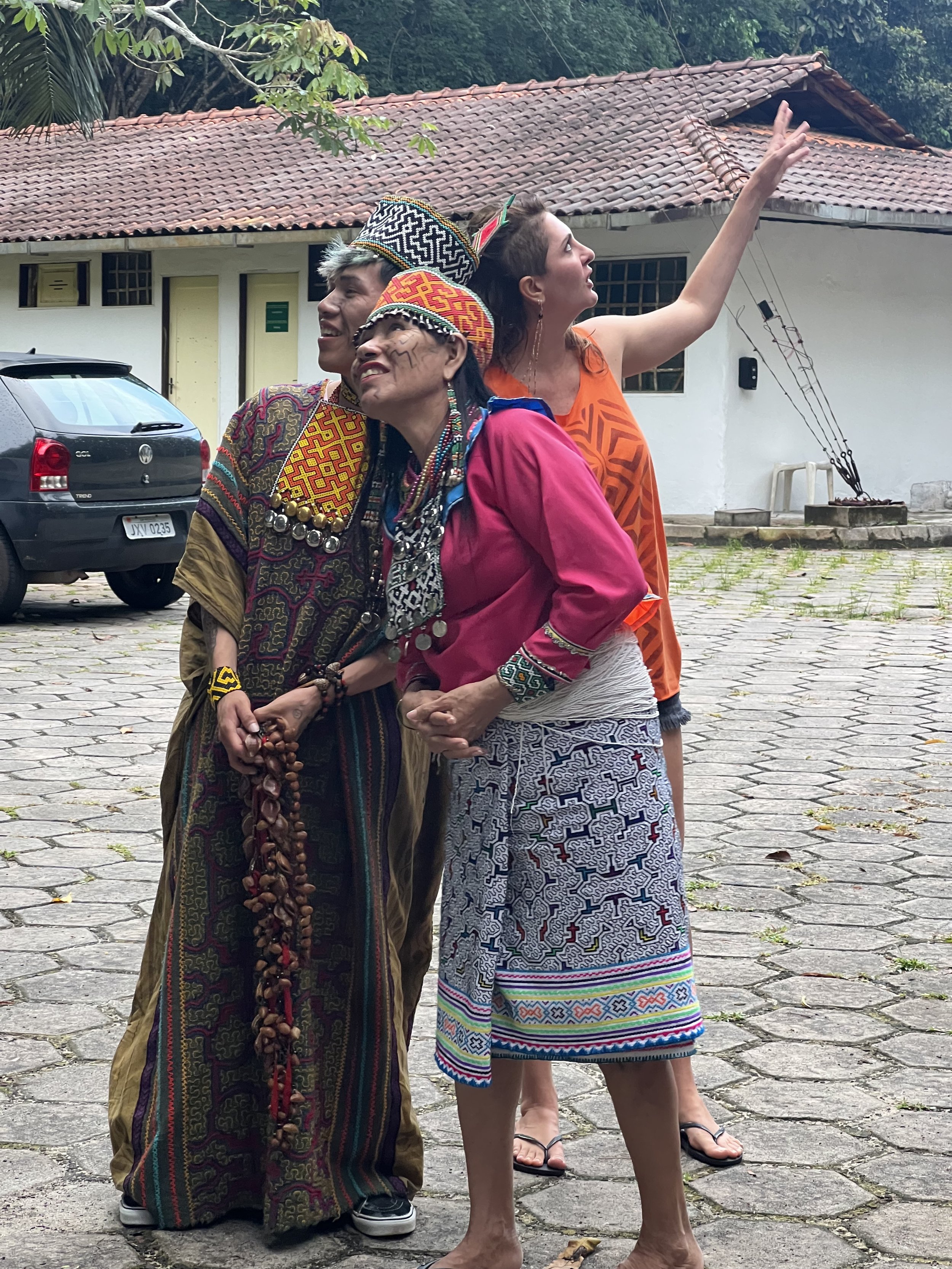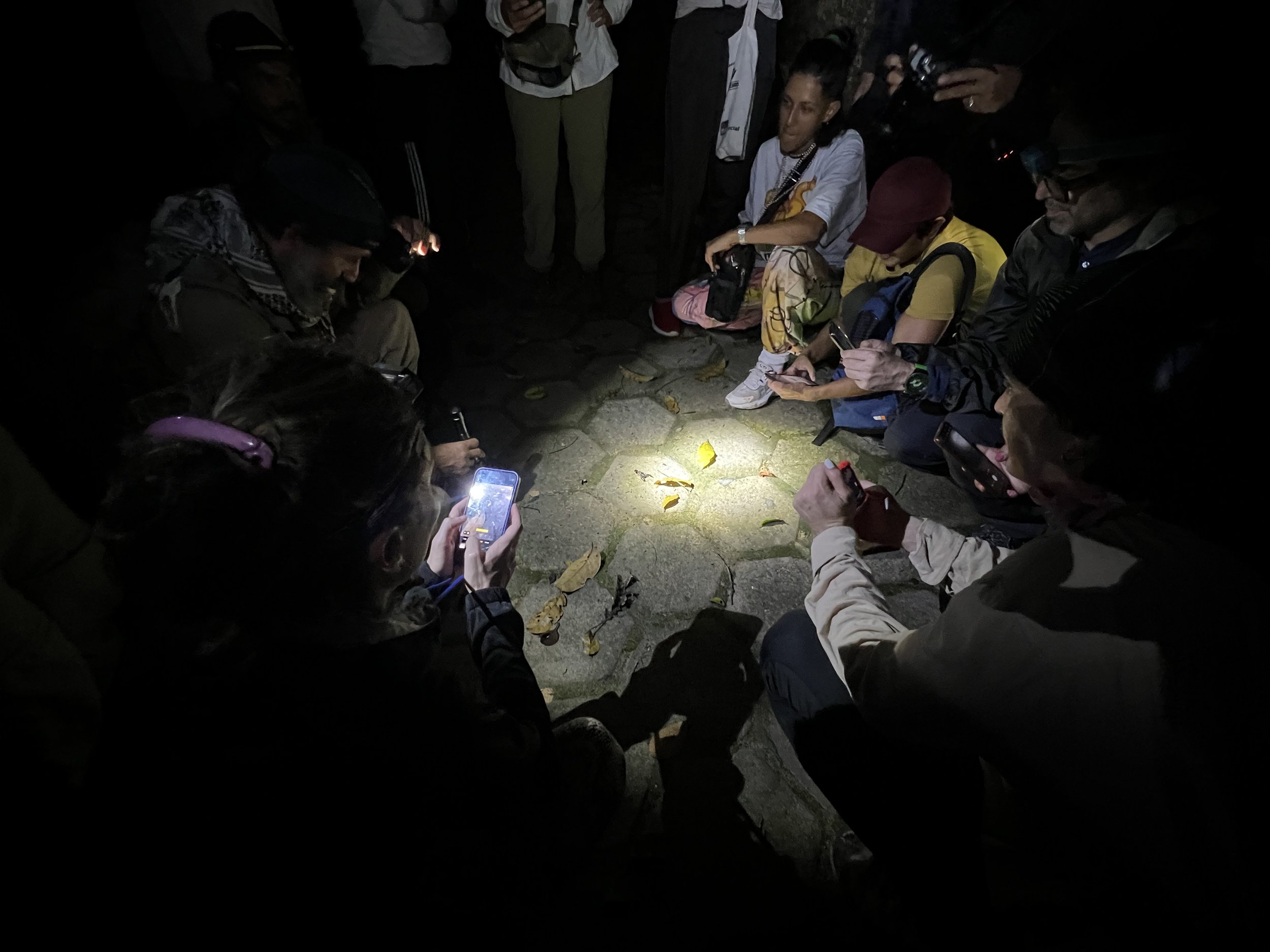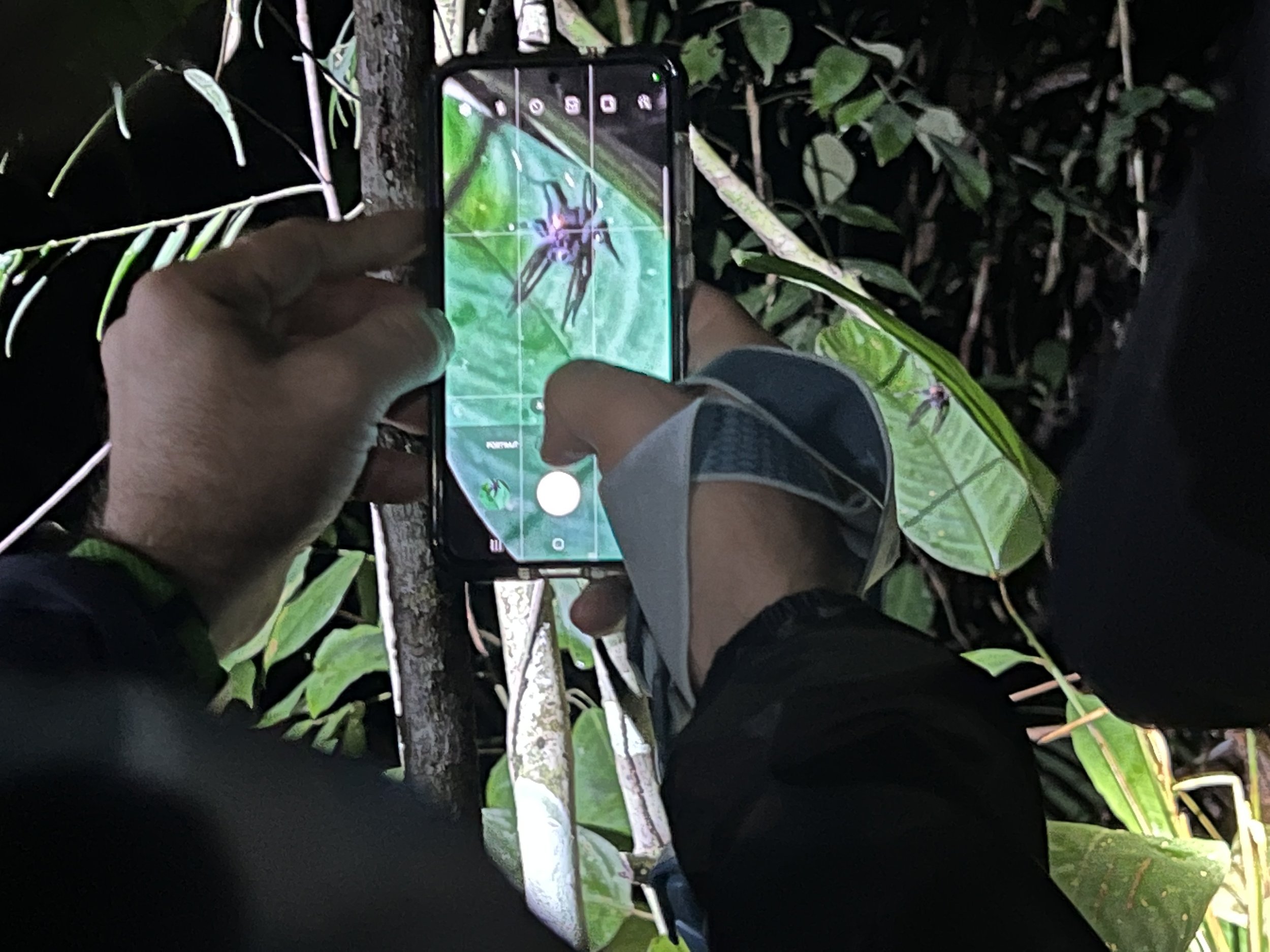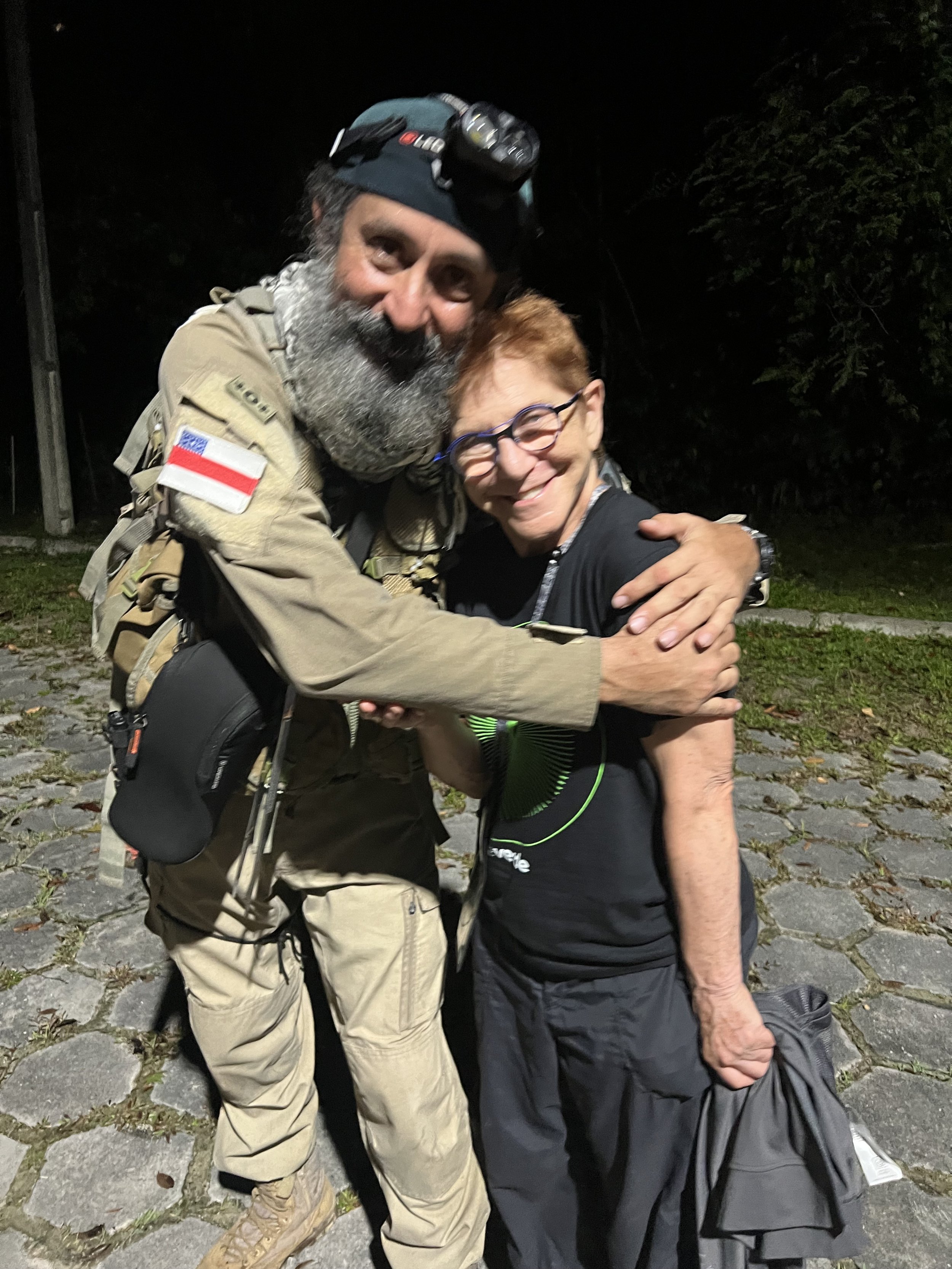While Emanuele referenced The Life of Plant, I felt he was already previewing another one to come. His book is written from the point of view of a philosopher, criticizing the discipline of philosophy which has always overlooked plants and seldom knows their names. Even biology considers them as mere decoration on the tree of life. Yet Emanuele believes that plants give life to the earth. They produce the atmosphere that surrounds us. They are the origin of the oxygen that animates us. Plants embody the most direct elementary connection that life can establish with the world.
“Oh, my earth,” Emanuele implored, on the first image of his power point— “Why are we still together. Are we?” He went on to explain that we don’t really know the Earth at all; we are used to measuring the Earth from our position on the ground, in relation to our own feet. But never talk about the geography below the ground. My notes from his lecture are poetic and profound: “We are inhabiting the sky, but we name our partner wrongly. You are what you are based on—our touching the ground.”
I loved how he identified the toxicity within the traditional Gaia mythology, and wondered why we recognize Gaia as representative of the Earth. Emanuele implored us to realize that we are at this moment in a truly revolutionary time for the first time ever because of climate change, which forces us to confront “the whole of everything”; all parts at once.
Emanuele spoke of Davi Kopenawa’s word “omama” for Earth, the subject that produced every single culture in our world. One part of the identity of the Earth can be expressed by every word we have for it. As Emanuele sees it, our job is to find a way to express the whole world in one word. We must find and define a new name. He says that it’s not just a noun we are searching for; it’s all of us. We are the cosmos, Earth. And we are confronted with the problem of knowing more, collectively, than ever before about what’s happening all around the world. “It is a collection of everything that has existed and will exist.” I could go on—I have pages upon pages of notes and many recordings. If you’re interested in hearing more, you’ll let me know when I get home.
I look forward to continuing a friendship with Emanuele after this experience. We hope to meet in New York and Philly in the Spring.
There were many surprise visitors that day. First there was curator Claudi Carreras with his two colleagues, Photo-journalist Joseph Zarate and journalist Andreas Cardona Cruz from Columbia. They were spending three months traveling through the Amazon meeting communities along the way, interviewing people for an exhibition he was planning to present in Barcelona this November about the importance of the Amazon River for the world and Brazilian artists who are part of it.



















